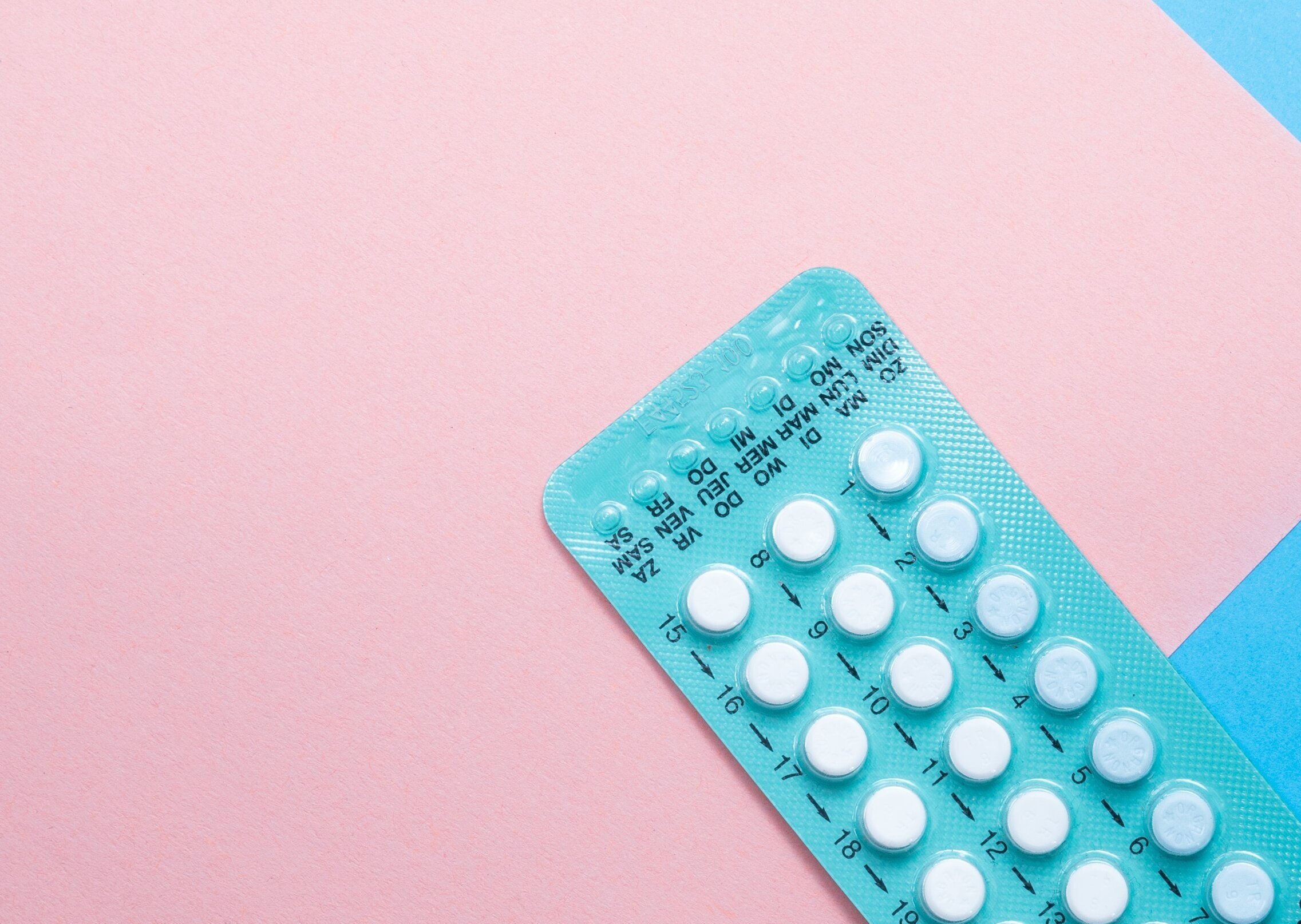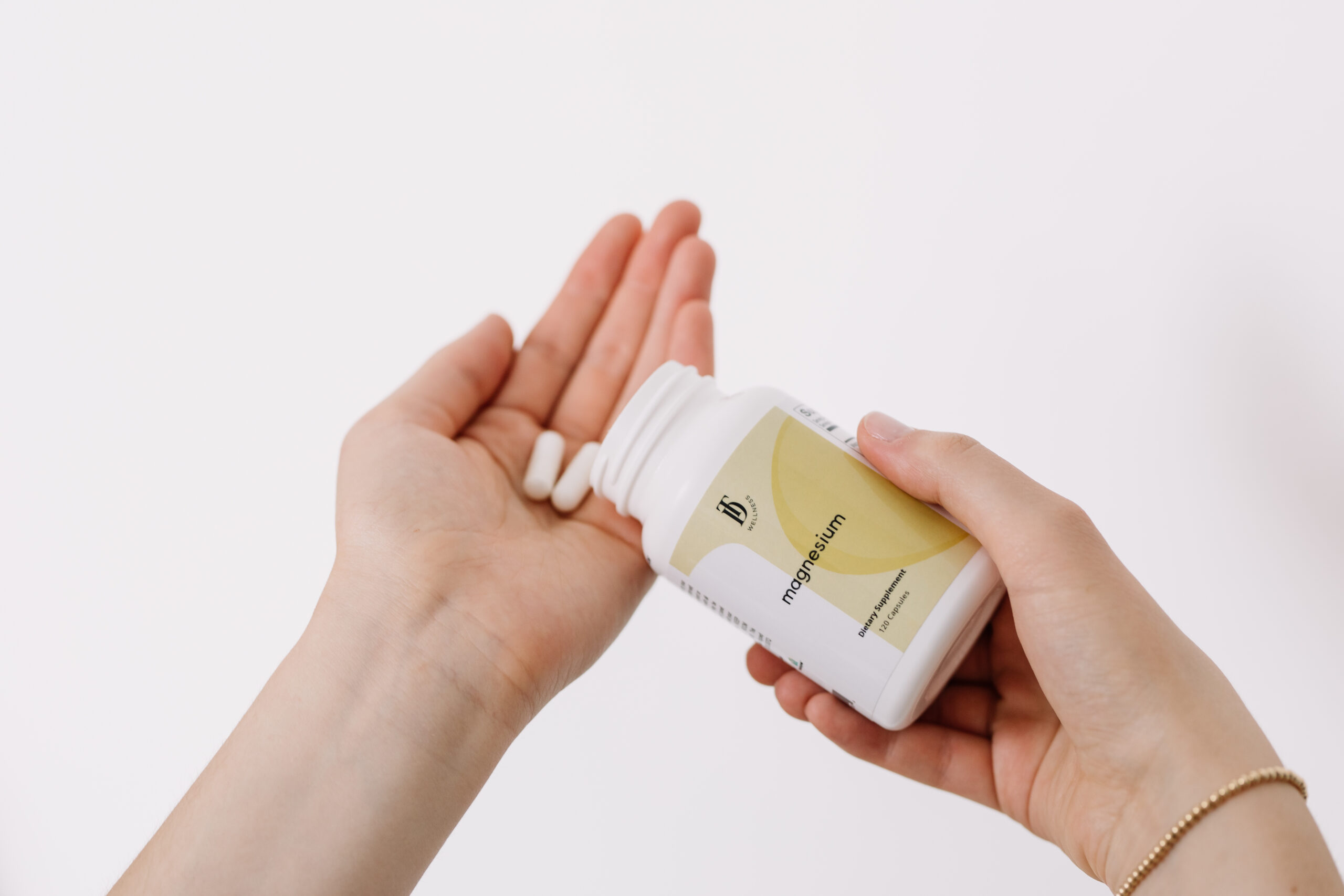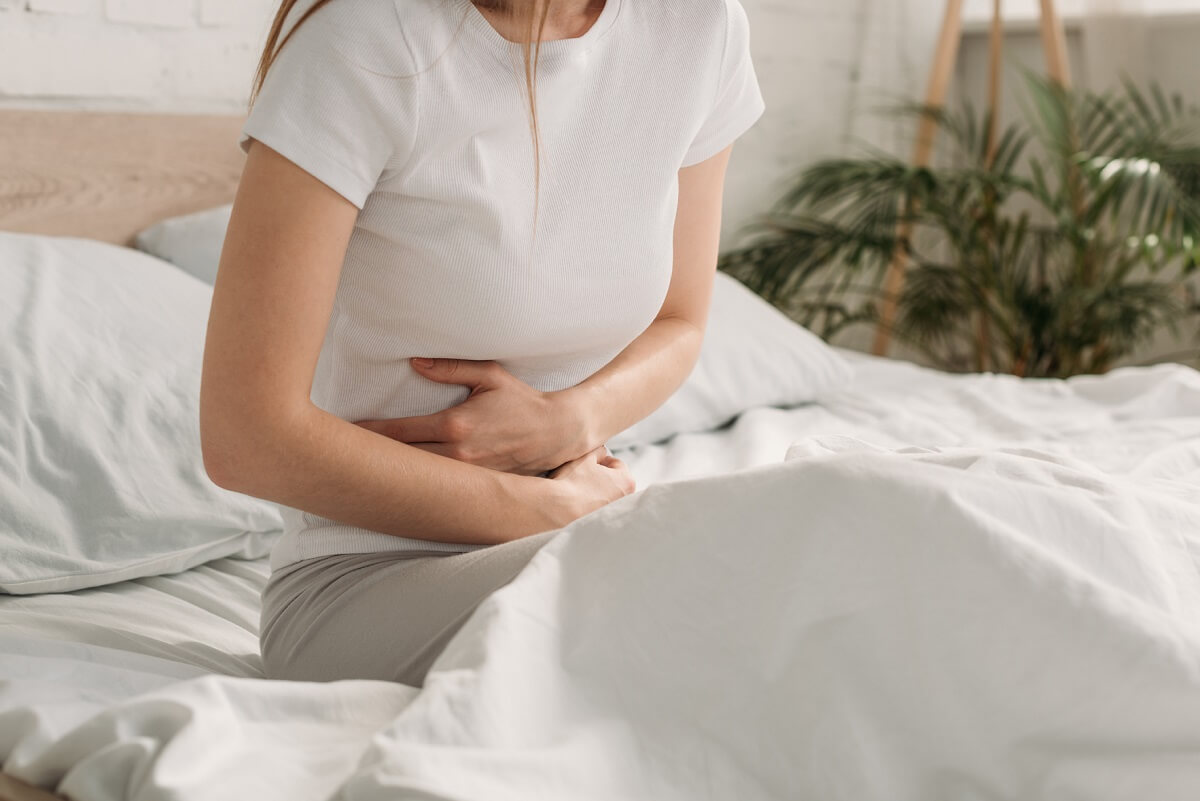Is It Time To Say Goodbye To The Pill?

How long have you been on the pill? Just a couple of months or ever since you were in middle school? Like many other women, you might’ve been prescribed birth control at a young age to relieve painful menstrual cramps, clear up acne, regulate your periods, or for other reasons. Alternatively, you might’ve gotten on it later, using it as an effective way to avoid pregnancy. Maybe it’s the convenience of it or because doctors grab for it so quickly to fix problems, but you aren’t alone. If you are on the pill, you are one of the 10.6 million women using it.
If you fall into any of these categories and are taking the pill for any reason, do you know how it’s affecting your body? Whether you have had good experiences with it or bad, it’s important that you are aware of how it works and how it can affect everything from your mental health to your fertility, to increasing your risk of serious health issues. Read on to understand how it functions, and other alternative methods you can use instead of the pill.
The Body’s Natural Menstrual Cycle
Before we dive into how the birth control pill works, let’s quickly review how our natural menstrual cycle normally works. Remember, this is just a quick overview and that there are many more parts besides these that play a role in your reproductive functioning. I’ll go over some of the main hormones that are involved.
The first half of your cycle is called the follicular phase. It starts on the first day of your period and ends when you ovulate. The length of this phase can vary from woman to woman; however, the average length is 16 days. During this time, your estrogen levels rise and peak right before ovulation. This estrogen surge plays a role in releasing an egg from your ovaries. To be more specific, estrogen signals your brain to release luteinizing hormone (LH) and follicle-stimulating hormone (FSH), which then signal the ovaries to release the egg.
The luteal phase occurs right after you ovulate and lasts until right before you get your next period. During this phase, your progesterone levels peak. If your egg gets fertilized and you become pregnant, your progesterone levels stay elevated.
How Does The Birth Control Pill Work?
When you take the pill, you are consuming synthetic hormones that interrupt this natural cycle. Instead of having a fluctuation of hormones during certain times, it keeps your progesterone levels elevated (or your estrogen and progesterone levels elevated, depending on which kind of birth control pill you take). This makes your body think you are pregnant and prevents your ovaries from releasing any more eggs (aka no egg released, no egg to fertilize, no conception).
While on the pill, your period isn’t a “real” period. Because the pills you take during your period week don’t contain any hormones, your “period” isn’t considered a real menstrual period; it’s actually just withdrawal bleeding from the withdrawal of hormones.
Side Effects of The Pill
While the pill can do a great job at preventing pregnancy and temporarily covering up other unwanted health issues like acne, PMS, or ovarian cysts, it can also have serious health consequences. When you take the pill, you are affecting your hormone balance.
The issue is that hormones play a role in numerous functions in the body, not just in the reproductive organs. Hormone receptors are all throughout the body, including the brain, gut, and other vital organs. Since we can’t target hormones to any specific area, they can affect any organs or processes that are influenced by hormones.
The pill may have other more serious consequences as well. Sometimes doctors go over some of these side effects with you quickly, while others might not even mention some of them. If you’ve been on the pill for years, you might not even know how your body functions or what it feels like normally. Many people say they are a completely different person when they come off the pill.
Side effects of birth control contraceptives:
-
Depression
-
Mood Swings
-
Headaches and Migraines
-
Sore or Swollen Breasts
-
Weight Gain
-
Decreases Libido
-
Brain Fog
-
Nutrient Deficiencies
More serious side effects
-
Cardiovascular Issues
-
Blood Clots
-
Stroke
-
Increased Breast and Cervical Cancer (20-30% increased risk of breast cancer)
-
Heart Attack
-
Fertility Issues
Why Are You On The Pill?
If you were put on the pill for painful cramps, acne, to regulate periods or other PMS symptoms, this just covers up those issues. Take those signs and symptoms as your body talking to you and telling you that something is not right and rather than suppressing symptoms, lean into it. It doesn’t get to the underlying cause of why you are experiencing them in the first place. Instead of grabbing right for the pill, providers should look more in-depth at your labs, lifestyle and hormones. Many times these health problems can be treated naturally without the use of medication. For example, many of these problems are hormonal problems that can be fixed with lifestyle choices and certain supplements and vitamins.
If you are on the pill to prevent pregnancy, please know this isn’t the only option. You have other natural choices that don’t have these serious and life-changing side effects.
Natural Forms Of Birth Control
Fertility Awareness Method
This is when you record certain fertility signals during the menstrual cycle to track when ovulation occurs. If you know when you ovulate each month, you’ll be able to avoid the prime days of when the chances of conception are likely. The book “Taking Charge of Your Fertility” is packed full of information on how the menstrual cycle works and how to correctly track and use this method.
The fertility signals include:
-
Taking your basal body temperature first thing when you wake up in the morning
-
Taking note of your cervical mucus
-
Noting the position of your cervix
Daysy
The Daysy is a fertility tracker that tracks your basal body temperature (waking temperature) and if you are menstruating or not. It tracks and logs all the information for you so you don’t have to worry about guessing if pregnancy is possible or not on each given day. From the information, it will tell you when you are in your fertile window and when you are not, making it useful to prevent pregnancy.
Ava Bracelet
The Ava bracelet tracks physiological signals that act as markers for your fluctuating hormone levels. So it doesn’t predict, it actually detects the phase of the fertility cycle you are in. You don’t have to wake up early to take your temperature or do anything extra. All you have to do is wear the bracelet at night and sync it with the app in the morning to know your fertility status.
Condoms
Condoms can be used during any part of your cycle to prevent pregnancy. If you are using any of the alternative natural birth control options above, I recommend using condoms for a couple of cycles to ensure your cycle is tracked properly. When choosing a condom, using high quality ones that do not contain parabens, nitrosamine, and fragrance are important.
How Functional Medicine Providers Can Help You
If you are currently relying on birth control pills to prevent pregnancy or to prevent other symptoms, but are experiencing symptoms that are keeping you from feeling like your optimal self, please get in contact with a functional medicine provider. They can provide you with hormone panels, nutrient testing, along with a number of other testing to find the underlying cause of your symptoms. This way you can fix them naturally instead of covering up the symptoms. I wrote an article here all about how to balance your hormones naturally.
Stay Updated With Exciting News at Taylor Dukes Wellness!
We are always working on new ways to serve you on your health journey. Be the first to know about new offerings, health articles, and more by clicking here and filling out your information so we can be in touch.
Share This Post:
Your Wellness Deep Dive
- Be the first to learn about new healthy living resources, blog posts, and exclusive TDW offerings by getting on my insider list.
- Find healthy living products with ingredients you can trust – the same ones I personally use for myself and my family – in the TDW Shop. Check out our protein powders, electrolytes, supplements, and more!
- Get personalized support through the TDW Community. When you become a member, you get access to functional medicine expertise from me and my team, functional medicine lab testing and 1:1 consults, a digital library of exclusive wellness content, live monthly Q&As with me, and so much more!
YOU MAY ALSO LIKE:
Helping you get your gut right, improve energy, boost immunity, balance hormones, sleep better and look + feel your best
DISCLAIMER
PRIVACY POLICY
TERMS + CONDITIONS
ACCESSIBILITY
© 2025 Taylor Dukes Wellness
LEARN
SHOP
ABOUT
TDW Community
Free Guides
Blog
TDW Store
Fullscript
About Taylor
Press
Contact
COOKIE POLICY
SITE CREDIT
Trusted Products



